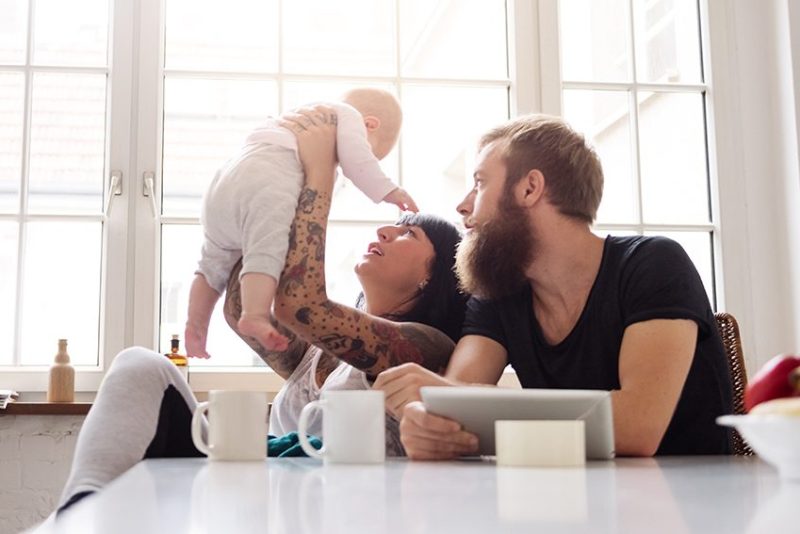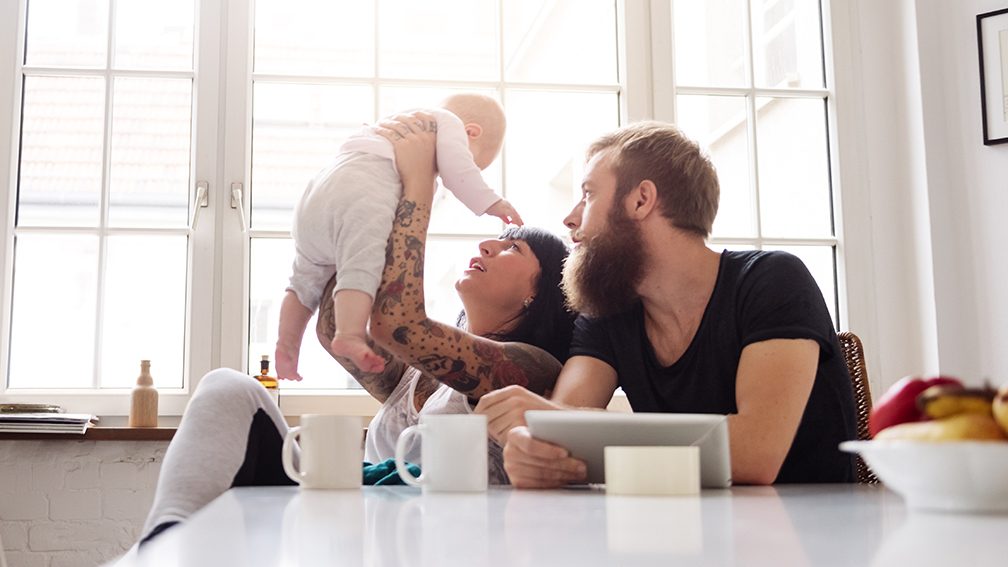
There is no tougher job than parenting. But a new study says that both men and women with at least one child have a lower risk of death after the age of 60.
Past studies have found that parents live longer than non-parents. This study, conducted by the Karolinska Institute in Stockholm, Sweden, also found that life expectancy increases for both men and women with at least one child—sometimes by as long as two years.
The data came from a pool of 1.4 million men and women born between 1911 and 1925 in Sweden. After the age of 60, men without children, on average, could expect to enjoy 18.4 more years of life. But fathers lived an average of 20.2 years longer. The same goes for women. Childless women were expected to live 23.1 years after 60. But women with at least one child were expected to live 24.6 years longer.
The difference in years could be because of the lack of support late in life for non-parents.
“Childless people face support deficits only towards the end of life,” said Karin Modig, head researcher on the project. “The association grew stronger when parents became older.”
The study also found that regardless of the number of children and the grown-up child’s geographic proximity to their parent, elderly parents still reaped the benefits of longer lives.
The study also found that the child’s gender did not play a role in the outcome of the study.
However, other elements—such as lifestyle choices and personal decisions about whether or not to have children—were not considered in the study.
Modig said further studies are underway to help understand these findings.
— RealClearLife
Whether you’re looking to get into shape, or just get out of a funk, The Charge has got you covered. Sign up for our new wellness newsletter today.
























